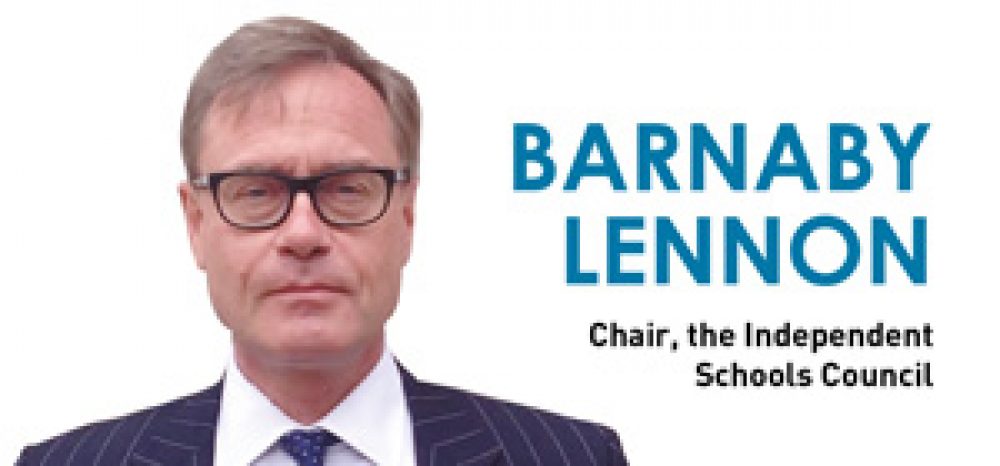Amid reports that plans to expand free schools could be scrapped to fund the manifesto promise of an additional £4 billion for education, Barnaby Lenon argues that free schools are actually a cost-effective option
I am chairman of governors of a free school with 420 pupils. The school is in a converted office block rented from a local authority. It cost the taxpayer less to set up than it would cost to expand an existing school and, like all free schools, we receive the same amount of money per pupil each year as every other state school. And we get some of the best A-level results in the country.
We opened our school in a low-income area with a poor record of entry to university, and it has helped transform the picture in just four years. Not all free schools are as successful as this yet, but a good proportion of the most successful schools in England are in fact free schools. To date 31 per cent of free schools have been rated ‘outstanding’ by Ofsted compared with the national average of 21 per cent.
Free schools, as a solution to the shortage of school places, are often the best option
It is important to remember what a free school actually is. It is a new school which has been set up by an academy chain, a community group or a group of teachers. Most applicants wishing to set up a free school are rejected; only those with relevant experience and a viable plan are accepted. It is this competitive process that explains why free schools do so well. But once a free school has been given the green light it is no different from any other academy except for two things: free schools tend to be smaller than most existing schools, and they are driven by the passion of their founding team.
It is important to understand that the school-age population of England is rising, so new classrooms have to be built somehow. Between 2016 and 2020 we need 174,000 new primary places and 284,000 secondary places. As a country we have a choice: we can either grow existing schools or build new ones. The problem with growing existing schools is that most of those schools graded ‘good’ or better by Ofsted are already too large or have no spare land in which to expand. Furthermore, the local authorities with the greatest need for further places are often those with the weakest existing schools.
Free schools, as a solution to the shortage of school places, are often the best option. For example, in my home city of Oxford the popular Cherwell School sought permission to expand but was refused. As a result, it applied to set up a free school, the Swan, which will open in 2019. This keeps the size of the Cherwell at a reasonable level while giving the Swan access to all the expertise and experience of the parent ship – a very satisfactory solution to the problem of a shortage of school places in a growing city.
There are disadvantages to setting up a new school. To start with, you have no track record so it is difficult to attract teachers and pupils. But there is one big advantage: it is easier to introduce effective methods, such as high levels of discipline and a longer school day, than one can in existing schools. Because they grow slowly, year by year, it is easier to maintain high standards even for the weakest pupils. That is why the progress made by pupils at free schools tends to be great – individual pupils receive a great deal of attention.
There has to be a limit on the amount of money spent on education, and it is very important to maintain the budgets of existing schools and to pitch staff pay at a level which guarantees a good supply of talented teachers. But to scrap what David Cameron regarded as the most successful single policy of the Coalition government would seem a backwards step. Free schools have driven school improvement and are an obvious way of increasing the supply of school places.
Barnaby Lenon is chair of the Independent Schools Council







The number of free schools inspected so far is too small to compare with thousands of non-free schools. But if a comparison must be made about the higher proportion of ‘outstanding’ free schools then can we also be told that a higher proportion of free schools are inadequate?
Establishing a free school is the only option for setting up a new school. LAs where there’s a need for a new school must tout around for a group to propose a free school. This wastes time and may not even be successful.